Books by Augustine
“The letters are sometimes rather official proclamations, but they are very often truly written ad hominem, writing to a specific person to a specific occasion. And you can see on display the pliancy of Augustine’s mind and his attentiveness to other people. You see his attentiveness to their specific situations, predicament, questions, whatever it is exactly that they’ve engaged him about. And just occasionally again, you see these leaps of joy or of playfulness, that that can be hard to come by elsewhere in the works.” Read more...
Catherine Conybeare, Classicist
“Augustine went back to the Adam and Eve story again and again over the course of his lifetime and changed his views. The book follows his development through to the moment he decisively repudiated allegory.” Read more...
The best books on Adam and Eve
Stephen Greenblatt, Literary Scholar
“So much of what we know about Augustine, like it or not, goes back to the City of God. I find the sheer ambition of it magnificent. It is absolutely extraordinary that he undertakes this project, to tell the history of the Romans, from the foundation of Rome, back to a Roman audience. And let’s not forget, he is North African. Better still, he was educated in Carthage, the proverbial enemy of Rome. But he starts by telling Roman history back to the Romans in a completely counterintuitive way. And then he tells Christian history to the Christians in the latter twelve books, in this incredibly ambitious, overarching, visionary way, bringing it right up to the present.” Read more...
Catherine Conybeare, Classicist
“This is St Augustine of Hippo in North Africa, which is now in Algeria. He lived from 354 to 430 so at the end of the fourth and the beginning of the fifth century. St Augustine of Hippo wrote a huge amount and he went on a great spiritual pilgrimage from Manichaeism to Platonism and eventually found his way into Christianity. Confessions is a wonderfully personal book, but not in a lurid sense like a modern confession. The whole thing is an almost agonised prayer to God on this kind of search. One of the great things about St Augustine, like so many Christians then, but less now, is that he had a great sense of God as the source of all beauty, as well the source of goodness and truth. There is this wonderful phrase, ‘Oh thou Beauty so ancient and so fresh.’ I think that through The Confessions you get an insight into a passionate mind on a spiritual journey.” Read more...
The best books on Christianity
Richard Harries, Theologians & Historians of Religion
Interviews where books by Augustine were recommended
Books by Christian Authors
From the early days of Christianity in the first centuries after the death of Jesus of Nazareth, believers have sought to write down their experiences, their struggles, and their transformation as they found God. Our recommendations are weighted towards earlier Christian texts, in keeping with the historical focus of our site, though some books by exceptional modern theologians and writers also feature.
The Best Augustine Books, recommended by Catherine Conybeare
Christianity has been profoundly influenced by Augustine of Hippo (354-430 CE), but the fifth-century North African bishop has impacted almost every area of western thought: philosophy, theology, political theory, linguistics, and rhetoric. His Confessions is one of the most recommended titles on Five Books, but is it really the first autobiography? Professor Catherine Conybeare introduces us to the life, thought, and personality of this controversial yet brilliant figure. She picks the best books to learn more about St. Augustine and explores how he has been unfairly maligned.
-

1
The Confessions
by Augustine (translated by Maria Boulding) -

2
The Cult of the Saints: Its Rise and Function in Latin Christianity
by Peter Brown -

3
Mother of God: A History of the Virgin Mary
by Miri Rubin -

4
Mohawk Saint: Catherine Tekakwitha and the Jesuits
by Allan Greer -

5
Between Heaven and Earth: The Religious Worlds People Make and the Scholars Who Study Them
by Robert Orsi
The best books on The Saints, recommended by Simon Yarrow
The best books on The Saints, recommended by Simon Yarrow
Heroes are universal to human culture and, in Christian culture, they manifested themselves as saints. Historian Simon Yarrow recommends the best books to understand the saints, from their widespread appearance in late antiquity to their continuing influence in modern America.
A N Wilson recommends the best Christian Books
The British writer, A.N. Wilson, recommends books that have helped him understand what Christianity means and to truly believe.
The best books on Atheism, recommended by Susan Jacoby
The main reason for the survival of religion is not a desire to live a better life, but our fear of death, says atheist author and independent scholar Susan Jacoby. Here she recommends five books she considers essential to “understanding the merits of atheism.”
The best books on Sin, recommended by Paula Fredriksen
Tortured by the sins of your past? Or contemplating new ones? The historian of ancient Christianity recommends five books to understand the role of sin in Christian thought.
The best books on Christianity, recommended by Richard Harries
The former bishop of Oxford tells us about books that explore what it means to be a Christian – from St Augustine and medieval mysticism to grappling with Dostoyevsky and more modern dilemmas. He picks the best books on Christianity.
The best books on Wrongness, recommended by Kathryn Schulz
The award-winning journalist and the world’s leading Wrongologist discusses human error and selects five books on wrongness in both public life and literature
-

1
The Confessions
by Augustine (translated by Maria Boulding) -

2
Slaughterhouse-Five
by Kurt Vonnegut -

3
The Unbearable Lightness of Being
by Michael Henry Heim (translator) & Milan Kundera -

4
A Treatise on the Difference between Temporal and Eternal
by Juan Eusebio Nieremberg -

5
From Whom God Hid Nothing
by Meister Eckhart
The best books on Time and Eternity, recommended by Carlos Eire
The best books on Time and Eternity, recommended by Carlos Eire
The Yale historian recommends some of the books of the past millennia that deal with the complicated concept of time and eternity.
The best books on Utopia, recommended by Ellen Wayland-Smith
Utopia is out of fashion because efforts to set one up normally end disastrously, says author Ellen Wayland-Smith, whose forefathers set up a utopian religious community in the 1840s in Oneida, New York. And yet, they offer a critique of society that, even today, can’t be ignored. She recommends four books on literary utopias and one on real-life attempts to set up idealized communities in the United States.
The best books on Adam and Eve, recommended by Stephen Greenblatt
Who were Adam and Eve, really? Over many centuries, the origin story has undergone countless transformations. The Pulitzer Prize-winner and Harvard professor Stephen Greenblatt chooses five books that explore the history of Adam and Eve, and tells us why the world isn’t ready to leave the narrative of Eden behind
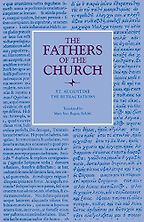
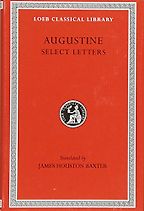
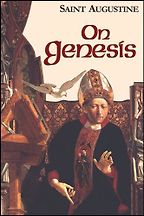
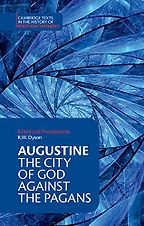
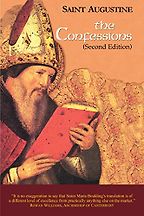

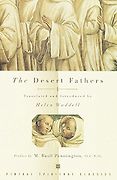
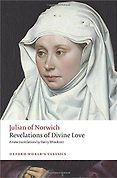
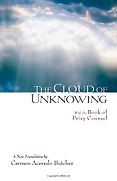
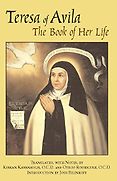
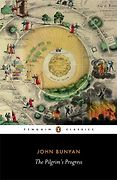
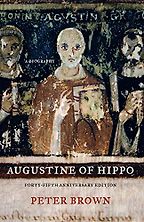
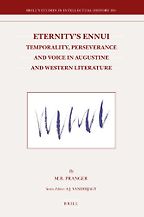
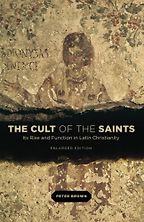
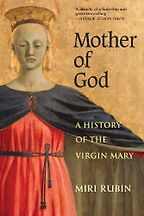
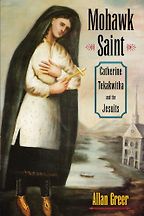
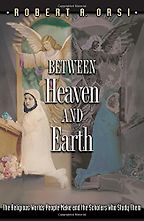
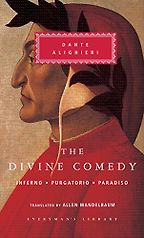

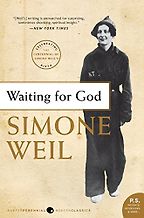
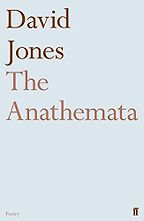
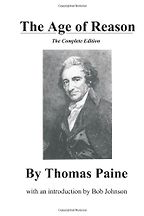
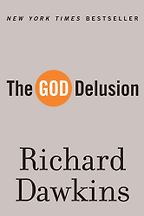
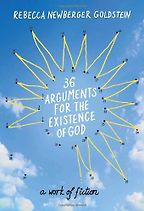
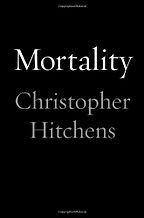
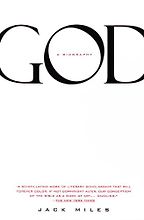
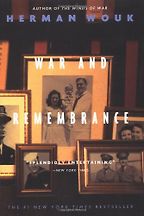
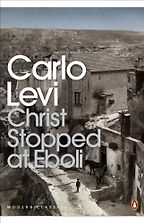

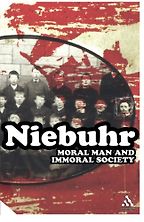
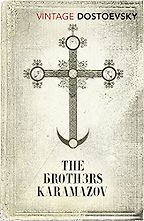
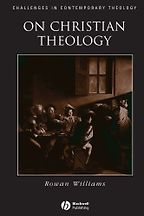
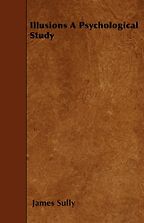
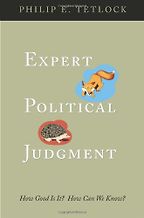
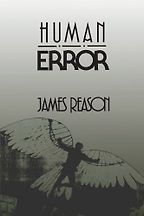
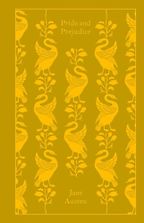




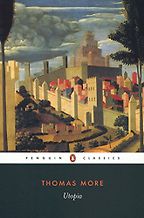
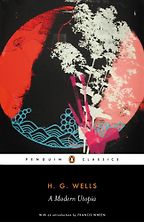
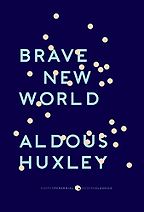
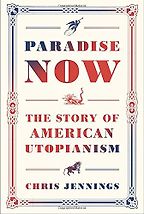
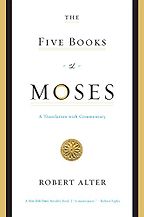
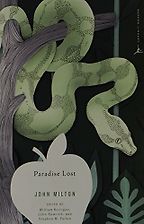
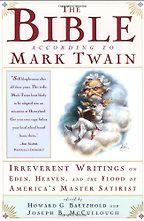
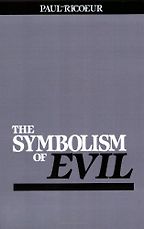
The Reconsiderations was one of the primary sources I was tempted to include. If I could propose five books by Augustine for this project, then they would have definitely been there. And it would have been perhaps a perverse choice, but the Reconsiderations is such a fascinating work.
At almost the end of his life, Augustine gathers together his treatises and he reads them through in chronological order, and he reconsiders them and says where he thinks he’s gone wrong. It’s interesting to see Augustine so conscious of his textual legacy. Unfortunately, he didn’t manage to do the same thing for his letters and his sermons. He just didn’t get round to it.
Catherine Conybeare, Classicist